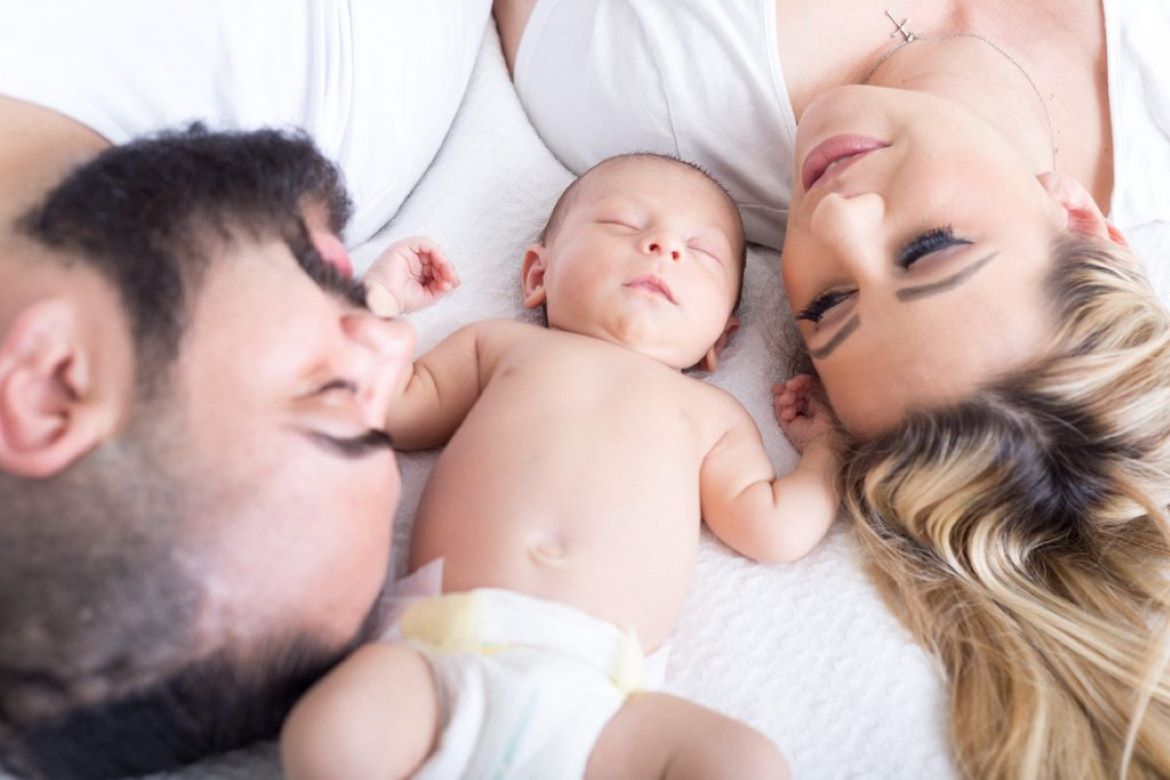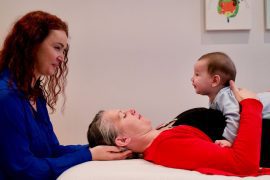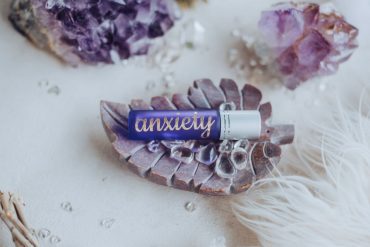Between 10 to 15 per cent of Kiwi women will experience depression during pregnancy or the postpartum period which makes it important to identify it as early as possible. As Kristina Paterson, founder of Mothers Helpers, shares with Treasures – you should seek help at any stage of your pregnancy or after delivery if you’re feeling depressed or anxious. One step you can take is to become part of a supportive community. Mothers Helpers is a nationwide organisation dedicated to supporting mothers who are under stress. We talk to Kristina about how to help mum.
Do mums put added pressure on themselves?
I think there is an extra stigma that mothers have to deal with over and above depression. There is already a stigma attached to anxiety and depression but I think for mums that the pressure that they feel – especially first time mums – is because of unrealistic expectations that mum puts on herself. There is internal pressure that ‘I have to be a good mum and I have ideas and pictures in my head on what a good mum is’. A lot of these ideas and pictures may be from a woman’s own childhood, or media, or friends or facebook.
The fact is that when you have anxiety or depression you just can’t live up to that expectation.
And when a mum admits that she is struggling, she could then perceive that she is not a good mum. Even though that’s not true, it’s hard for mum to recognise that it’s not true.
How can a mum give herself a break?
The first step to getting a break is to recognise that you need one, to accept that your needs are important too, and to give yourself permission to have a break.
Many women with postnatal depression have anxiety about leaving their baby with someone else to care for them. This is normal. The best way to work through this is to start small with someone you know and trust and gradually build it up from there. The second step is to assess your current resources to see how it can be achieved.
How can someone help another person who may be experiencing AND or PND?
When you have depression or anxiety you feel like you’re in a bit of a fog. It’s very hard to find your way and to be able to see clearly. You’re just ‘in it’ – that’s why you actually need people to reach out to you. The onus shouldn’t be on the person who is depressed to be initiating help.
A lot of women get help because of the support of those around them, such as their partner, friends or family encouraging them to see a doctor.
Urge them to get help; even offer to take them, to go with them to the doctor.
I remember when my son was three months old I had a friend that said ‘It sounds like you have postnatal depression’ and I was really offended. I didn’t want that to be true. At the time it felt that it was a criticism. I think friends and family have to think about what they’re going to say and how they’re going to say it – such as offering to go with mum to the doctor.











